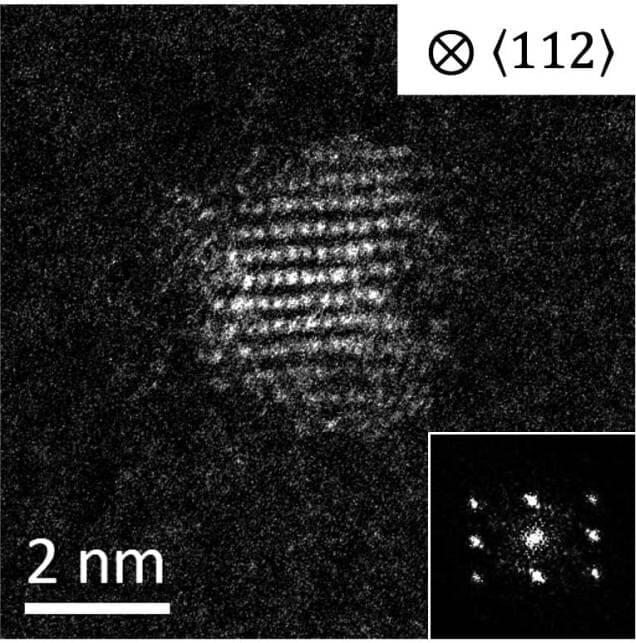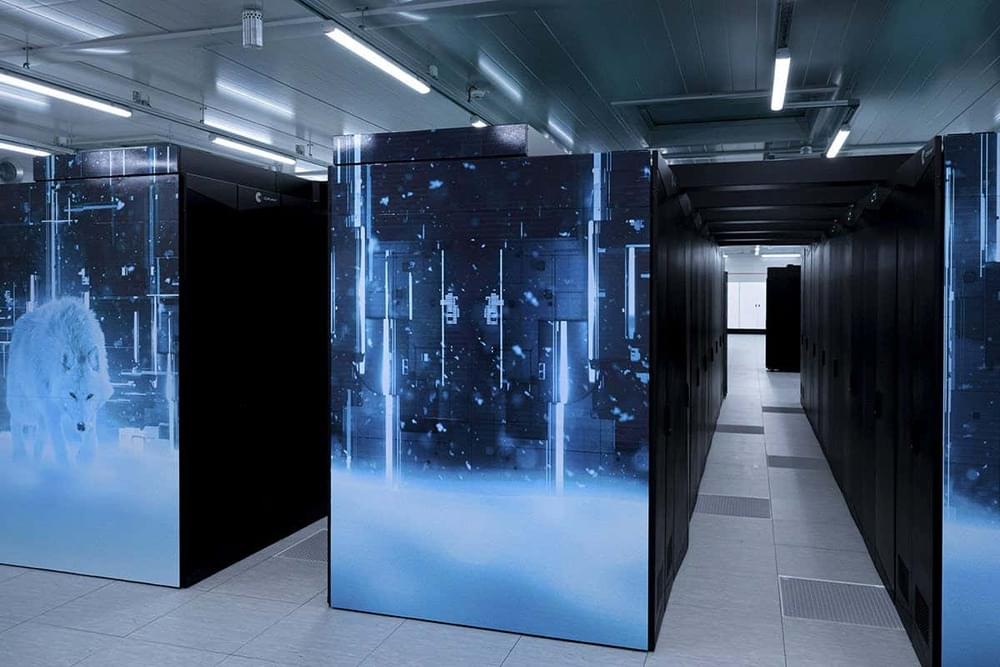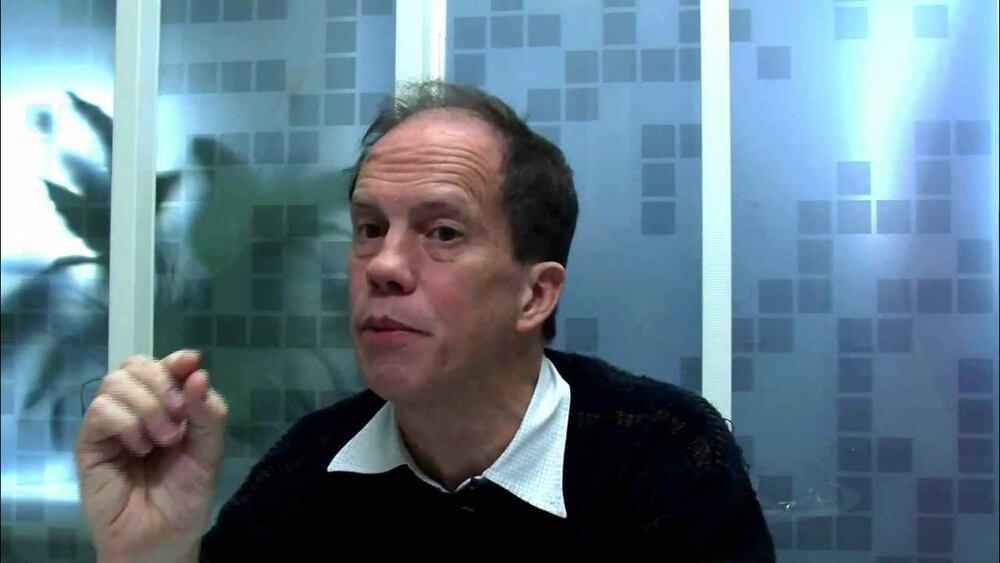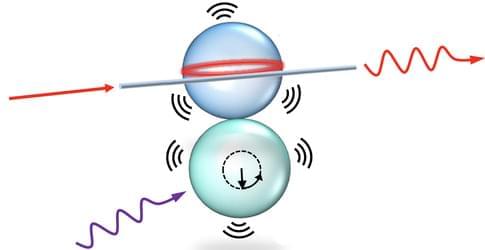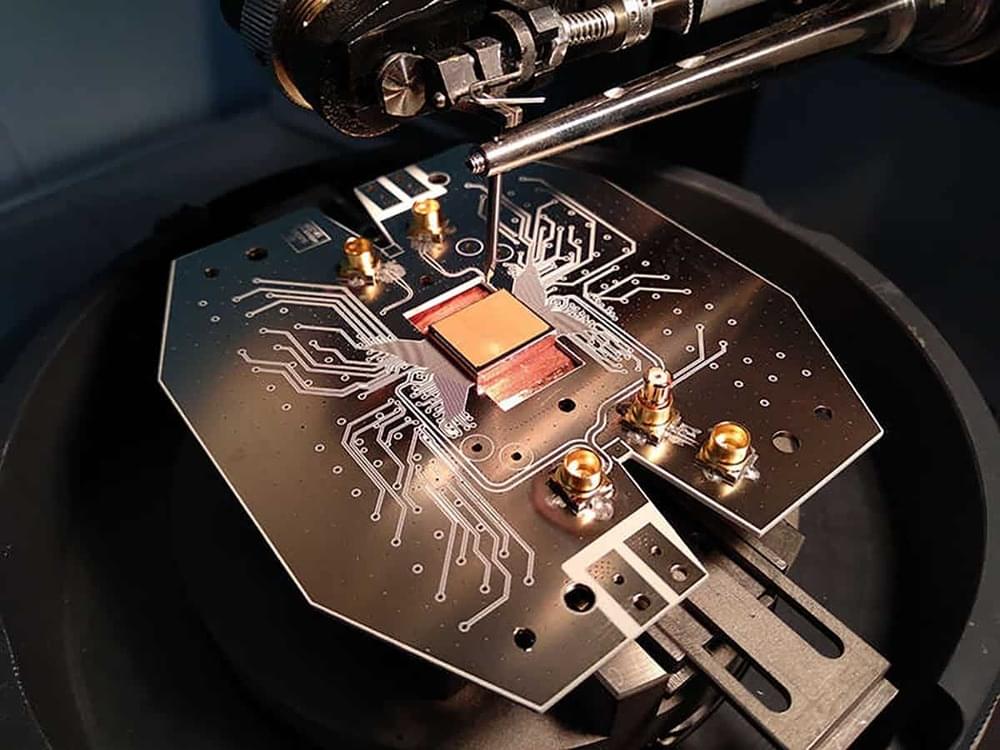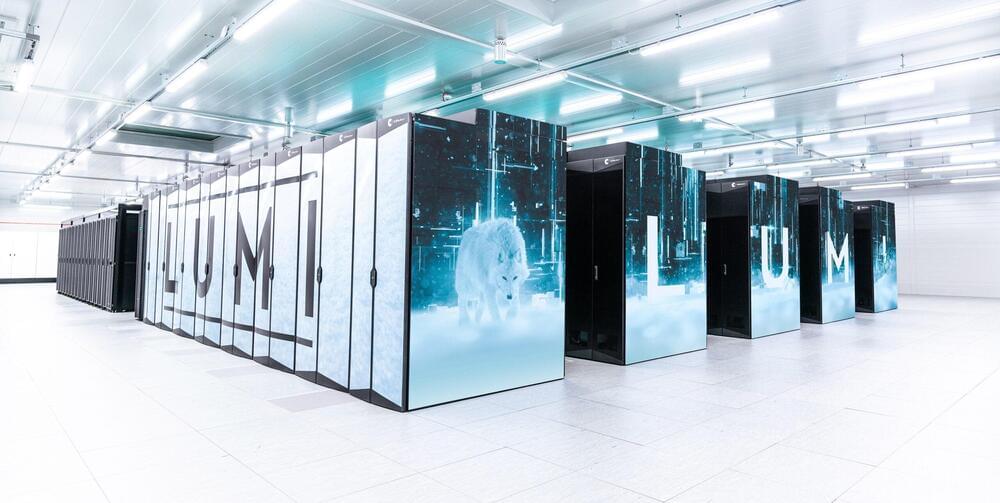Dec 13, 2022
Chemists create quantum dots at room temperature using lab-designed protein
Posted by Quinn Sena in categories: biological, quantum physics
Nature uses 20 canonical amino acids as building blocks to make proteins, combining their sequences to create complex molecules that perform biological functions.
But what happens with the sequences not selected by nature? And what possibilities lie in constructing entirely new sequences to make novel (de novo) proteins bearing little resemblance to anything in nature?
Continue reading “Chemists create quantum dots at room temperature using lab-designed protein” »
